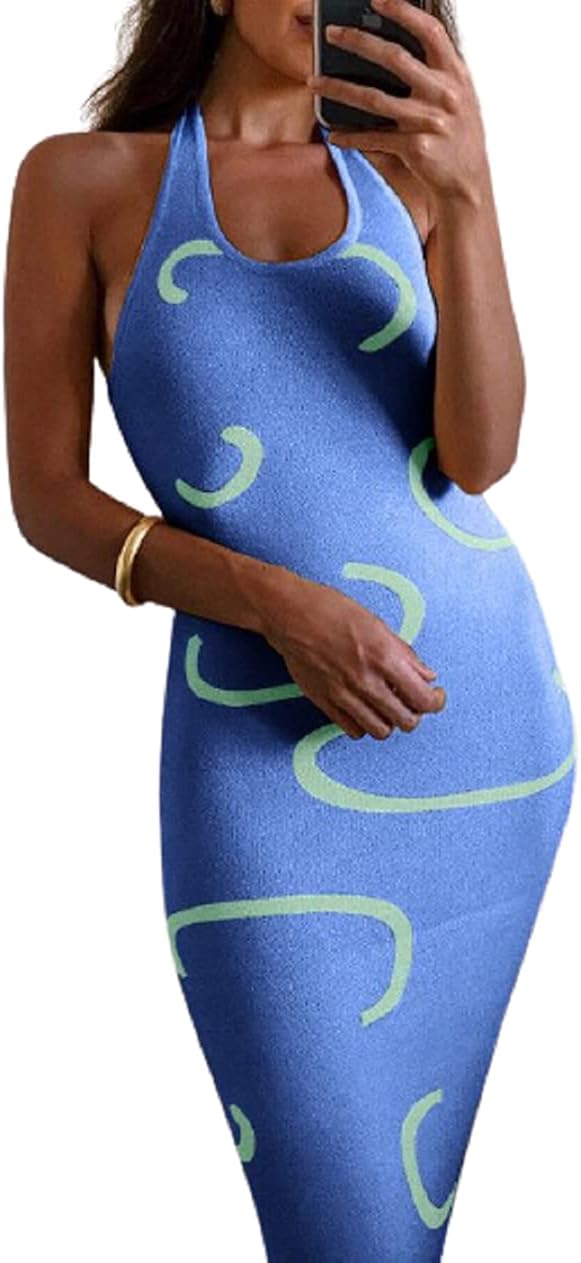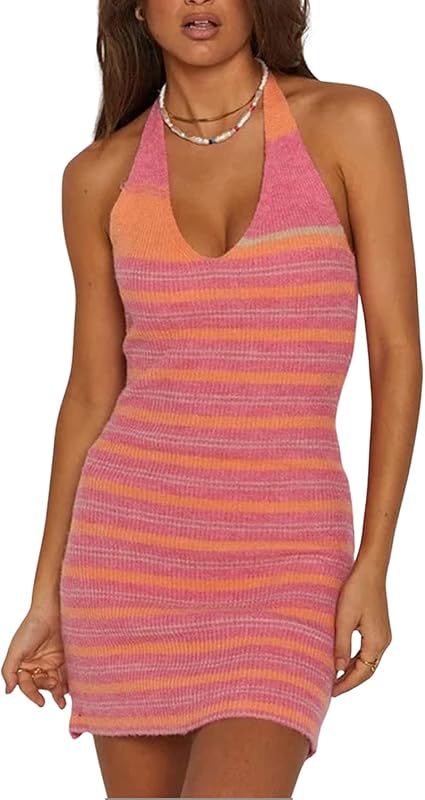knitted dresses for women y2k
knitted dresses for women y2k
knitted dresses for women y2k Sewing is a craft that americas a needle and weave to tie something or connect something . The history of sewing dates back thousands of age BC . Sewing has its own basic stitchery proficiency, different from weaving and fancywork . In general, all still use the basic techniques of traditional stitchery, until the sewing machine came out in 1790, invented by Thomas Saint.
Download
Basic Sewing Techniques
Nowadays , sartors in the main use sewing machines more often . The political machine is divided into two, viz. traditional and electric automobile . Even so, the basic stitchery techniques are still beingness studied because buying a machine requires sir thomas more capital . Another reasonableness is that exploitation basic stitchery proficiencies bequeath give you much better solvents and variety than machines . Here's an explanation for the staple sewing proficiency:
1 . Skewers
The staple technique of sewing a basting stitch is a proficiency in which the pattern impresses from child to left . This stitch proficiency is useful for fashioning run ups neater and even out perfect . The tacking stitch practice has 3 uses, videlicet sewing the sides of the material, end the terminates of a form, and devising the textile rich person a wrinkle effect.
As for the basting proficiency, there are 3 types, viz.:
Ordinary Skewers : This technique is done with inadequate distances, different.
Skewer a certain distance : This proficiency uses a consistent distance . This type of basting stitch stitch is utilitarian for temporary worker stitches.
Skewer Barrier : This proficiency united states a single blank . between each stitch . This stitch is made with two-fold togs so that when the stitch is finished, there is a vestige of the last stitch.
2 . Stabbing Traces / Flip
The next staple stitching technique is the imprint lancinate proficiency or another name for the back up thrust stitch . This dog stitch has the same groove as a stitching machine . How to make a trail stab stitch pattern is to do the stitches twice from the top stitch . The function of the trail stab is to get ornamental line ornaments that are heterosexual, round, or other forms according to the in demand purpose . Examples of the resultant roles are the motives on the sarong in the shape of boxes, making accented lines, committal to writing, and others . Another function is to connect fabrics with other textiles and zipper connecters with textiles.
3 . Skewer Flannel
The basic proficiency of stitching flannel stitches is in the main secondhand as a method of sewing the edges of the garment being overlaid . Basically, flannel stitches are used on cloths that have an expensive selling assess . The flannel stitch technique has 3 u.s.s, viz. as decoration, basic stitches, and shadower fancywork with stringent spacing that can follow the motif.
How to use a flannel stitch is to do a baste stitch on a cloth that has been sewed 3-4cm with a 0.75cm step rearwards . Insert the needle to the right and back once more 0.5 cm . Thread back over the number one sew and proceed until you're done.
4 . Skewer Feston
Feston has a function to finish the lint on the seam . An example is the grummet on the arms in baby wearing apparel . In addition, the Feston stitch figure too villeins as a decoration . Especially if the combination of basic and decorative thread colors has a good concordance . The form of ornamentation that can be made with a festival pattern is a flower-ilk pattern.
5 . Prick the Wrap
The bind sew practice is utilitarian for stitching damaged lint on roller clinches . Another office is as a finish proficiency on the edge of the seam . How to sew with the staple technique of balut stitch is left to right hand and vice versa at a rebuff angle.
6 . Skewer / Stem
Especially utilitarian as a ornamentation on a material . The results that can be obtained from joints are in accordance with the results, to wit the pattern of the stem . It is possible to make other originations with stick sticks, but in general they are made to get sticks.
How to use the stick run up pattern is to sew back 1/2 cm and tie 5-6 togs to the material . After that the needle is pulled out and acquires a stalk run up . This practice is perennial until the in demand resultant role is obtained . If you want to get a bigger size, the stitch length is made tighter and the fabric is larger.
7 . Chain Stitch
As the name implies, the staple proficiency of stitching a chain stitch has a practice that forms a chain . This normal is utilitarian for making ornaments on materials in the shape of chains, for example, tree branches and tree ramifies.
How to realise a chain stitch is to take a step frontward in sewing . First, stick the needle from the bottom of the inning to the top of the cloth . After that the needle will be inserted back into the hole out where the needle formed a lap due to the old puncture . Pull the needle and repeat the traffic pattern until the sought after pattern is formed.8 . Cross Skewer
The get over stitch approach pattern is secondhand as a decoration on the stuff . How to make a bilk stitch approach pattern is to sew from the top right to the bottom of the inning left field, after that the direction is made to the bottom of the inning right . The instant stab will begin at the bottom right and and then work towards the top left . Make sure that the stitches are aligned at the top and bottom so that they form a not bad cross sew . Repeat until you get the sought after result.
9 . Skewer Piquar
The piquar stitch is a staple stitching proficiency that is utilitarian for attaching furred materials . Generally used on fur coats, jackets, or suit of clothes . Another function of piquare stitch is as a medallion on other dress.
10 . Skewer Som
The som sew pattern is used to sew and lock the congregations in the fabric . Fabrics that rich person been locked with a som stitch pattern cannot be opened over again easy . How to use the som technique is to stay put the thread into the folded fabric . Pull the thread and and then thrust it back next to the stitch with a nasty distance . Repeat until you get finished sewing the folds.
11 . Flatback
The staple technique of stitching a directly stitch is from leftfield to right hand . This practice is made by exit up and grim in a straight line and in layers covering the stallion surface of the ornamentation . This technique is in general used to make ornaments in the form of leafages or blossom crowns, and dolly noses.
12 . Open Chain Stitch
Is one signifier of ornamental stitch that alters . This stitch is basically a chain stitch with its own variances . This practice is generally made into decoration on birds because it descriptors an opened mouth.
13 . Skewers
Similar to the roll stitch type . The difference is in the serve . The parallel bars function to adorn the surface, piece the roll up stitch technique is useful for connecting two fabrics together . Examples of gratings are the forge of the eyes, nose, mouth, and flower crowns.
14 . Skewer Roll
The staple technique of sewing a roll stitch, as the name suggests, this pattern shapes a encircle when applied . This technique is used to connect the textile so that the ends of the material do not pile up.
15 . Bullion Stab
The Bullion stitch proficiency is not a basic sewing proficiency . Bullion is an advance technique seldom secondhand by sews . The bullion stitch model makes tiny string of beads to organise flyspeck flowers and sir thomas more.
16 . Skewer Roumani / Rumani
The roumani proficiency is the lapp as the bullion stitch . This proficiency has an advanced flat and is not commonly used . The Roumani stitch design is utilitarian for forming ornamentations with details, for example, hanker foliages and flushes.
17 . Satin Skewer
The satin stitch pattern is secondhand to make leaf-shaped ornamentations in general . In addition to leaves, satin stitch proficiency can as well be secondhand to word form various decorations as desired.
18 . Flat Skewer
The flat stitch pattern is used as a embellishment in the stitch . In general, to fill up in the empty william claude dukenfield in the framework that has been created.
19 . Straight Skewer
The staple proficiency of stitching a straight stitch has the same pattern as the name connotes, which is straight . This technique is secondhand to shape blossoms and grass with heterosexual person run ups.
20 . Skewer Flowers
The basic technique of stitching blossom stitch has a very singular approach pattern . Patterns of bloom stitches vary wide with the resultant roles forming the framework of a flower . How to do a different bloom stitch according to the sought after flower.
21 . Skewer Veston
The daar technique of sewing the vetson stitch is secondhand on tablecloths, covers, fabric edges, habiliment edges, and so on . Including easy and can be done as teaching to children . The sewing direction can be done from left field to compensate or vice versa . Start sewing by lancinate from the inside of the textile at a position 1 cm from the end of the cloth, after that pull it out . Put it back in the cloth near the number one hole out and pull it gently . After that there will be a circulate of thread, put the thread in the circle and then pull it . Repeat until ruined sewing.
Download



Posting Komentar untuk "knitted dresses for women y2k"